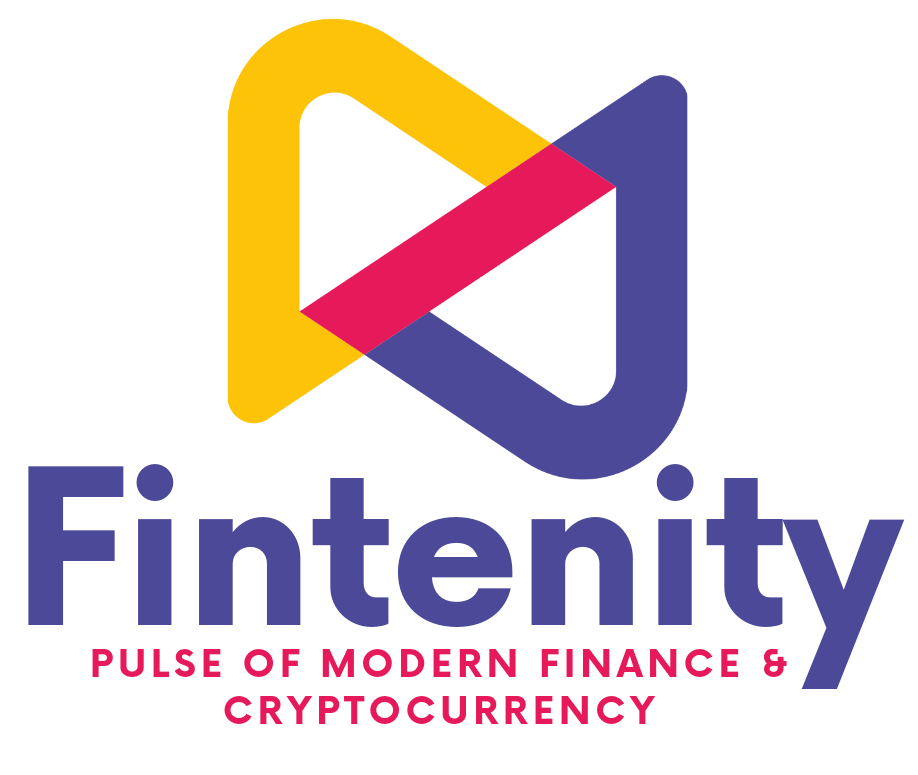In the ever-evolving landscape of blockchain technology, Ethereum has emerged as a beacon of innovation, reshaping the way we think about transactions, contracts, and decentralized applications (DApps). At the heart of this revolution lies the concept of smart contracts – self-executing contracts with terms encoded directly into code – which have unlocked new possibilities for trustless transactions and automated agreements. As we delve into the Ethereum revolution, we find ourselves at the forefront of a transformative era where innovation and smart contracts pave the way for a more decentralized, efficient, and inclusive digital future.
1. The Rise of Smart Contracts
Smart contracts represent the cornerstone of the Ethereum revolution, empowering individuals and organizations to create and execute agreements without the need for intermediaries. By harnessing the power of blockchain technology, smart contracts automate the enforcement and execution of contractual terms, eliminating the need for trust and reliance on third parties. This revolutionary approach to contract management has the potential to streamline business processes, reduce costs, and increase transparency across a wide range of industries.
2. Unlocking Decentralized Applications (DApps)
Built on the foundation of smart contracts, Ethereum has become a thriving ecosystem for decentralized applications (DApps) – applications that run on a distributed network of computers and operate without a central authority. These DApps span a wide range of industries and use cases, including decentralized finance (DeFi), gaming, social networking, supply chain management, and more. By leveraging the power of Ethereum’s blockchain, developers have the freedom to create innovative solutions that are resistant to censorship, tampering, and downtime, offering users greater control over their digital interactions and assets.
3. Democratizing Finance with DeFi
One of the most significant impacts of the Ethereum revolution has been the rise of decentralized finance (DeFi), a movement aimed at democratizing access to financial services through blockchain technology. DeFi platforms enable users to lend, borrow, trade, and earn interest on digital assets without the need for traditional financial intermediaries such as banks or brokerages. From decentralized exchanges and lending protocols to yield farming and liquidity mining, DeFi has transformed the way we think about banking and finance, offering unprecedented levels of transparency, security, and accessibility to users worldwide.
4. Enabling Digital Ownership with NFTs
In addition to revolutionizing finance, Ethereum has also paved the way for the rise of non-fungible tokens (NFTs) – unique digital assets that represent ownership of a specific item or piece of content. NFTs have unlocked new possibilities for creators, collectors, and investors to buy, sell, and trade digital art, music, collectibles, virtual real estate, and more. By leveraging Ethereum’s blockchain, NFTs offer verifiable proof of ownership and authenticity, enabling creators to monetize their work and collectors to own and trade digital assets in a secure and transparent manner.
5. Overcoming Challenges and Scaling Solutions
While Ethereum has made significant strides in revolutionizing blockchain technology, it also faces challenges such as scalability, security, and sustainability. In response, Ethereum developers are actively working on solutions such as Ethereum 2.0, a major upgrade designed to improve scalability, security, and sustainability through the implementation of proof-of-stake consensus, sharding, and other optimizations. These efforts aim to address the growing demand for Ethereum’s blockchain while ensuring its long-term viability and resilience in the face of evolving technological and environmental challenges.
In Conclusion
The Ethereum revolution is a testament to the transformative power of innovation and smart contracts, reshaping the way we interact with digital assets, agreements, and applications. By embracing the principles of decentralization, transparency, and inclusivity, Ethereum has unlocked new possibilities for trustless transactions, automated agreements, and decentralized finance, paving the way for a more efficient, equitable, and accessible digital future. As we continue to navigate the Ethereum revolution, let us embrace the spirit of innovation and collaboration, working together to build a decentralized ecosystem that empowers individuals, fosters creativity, and unlocks new opportunities for growth and prosperity.

